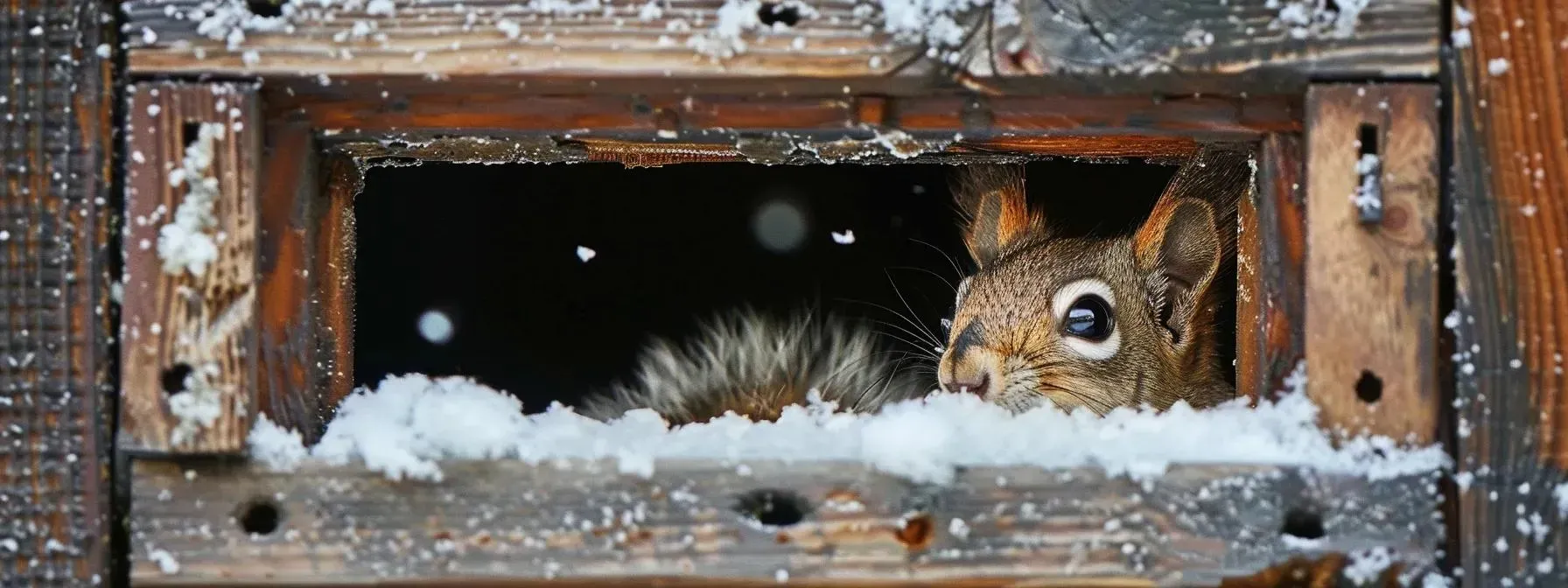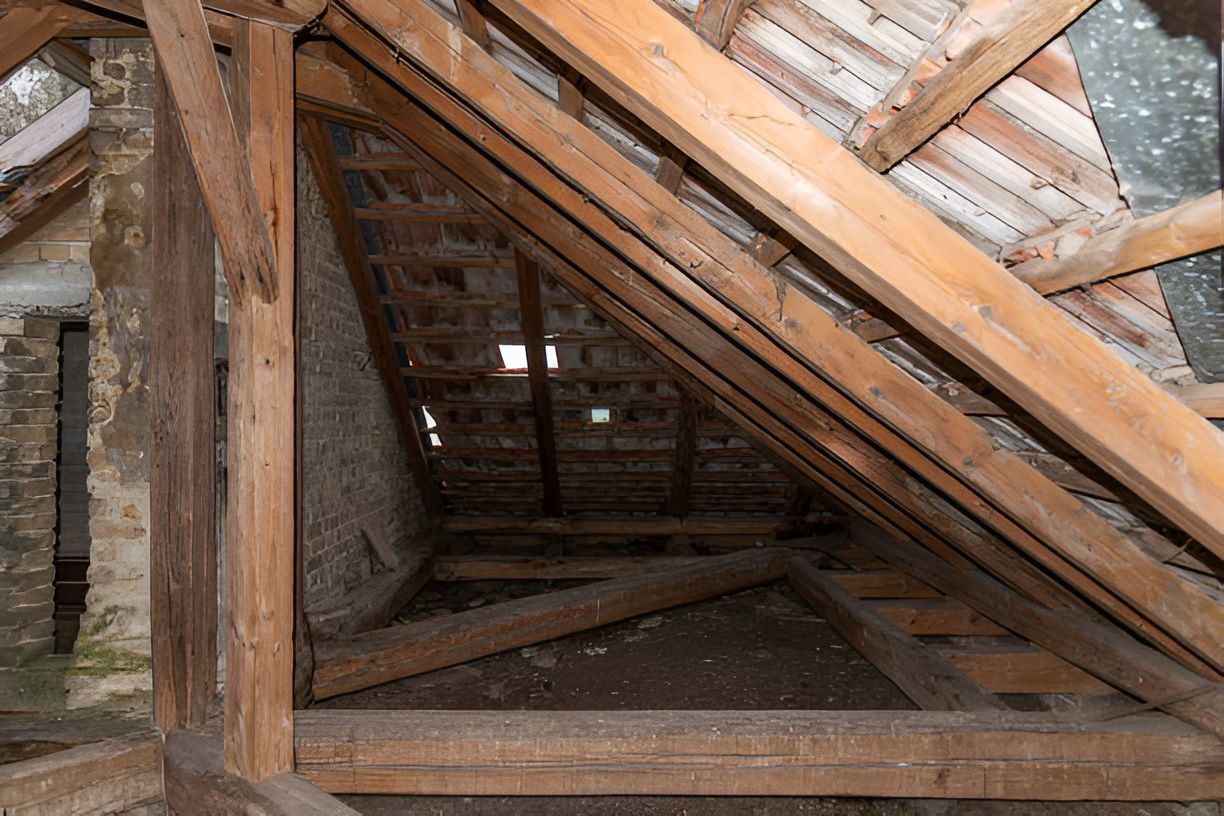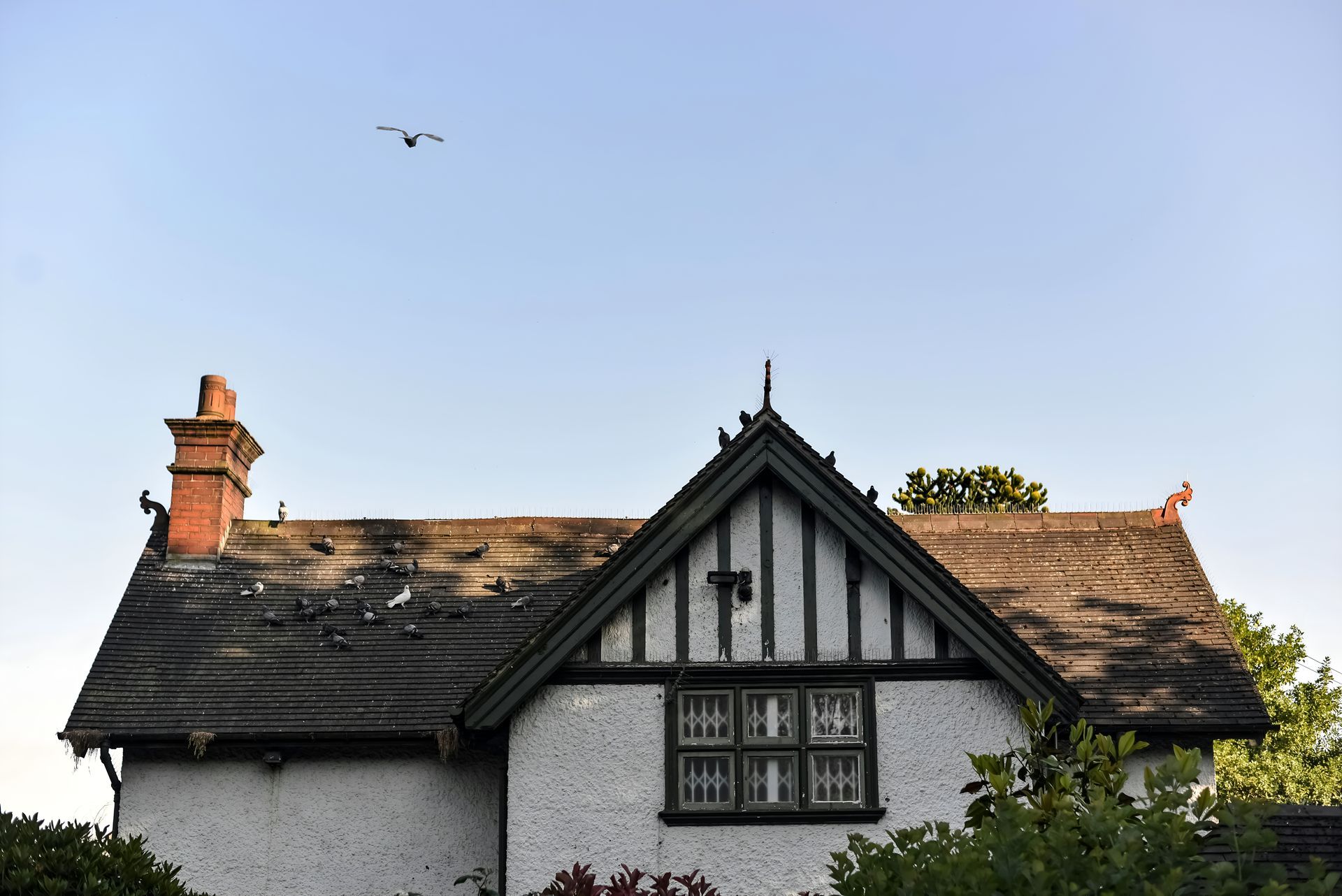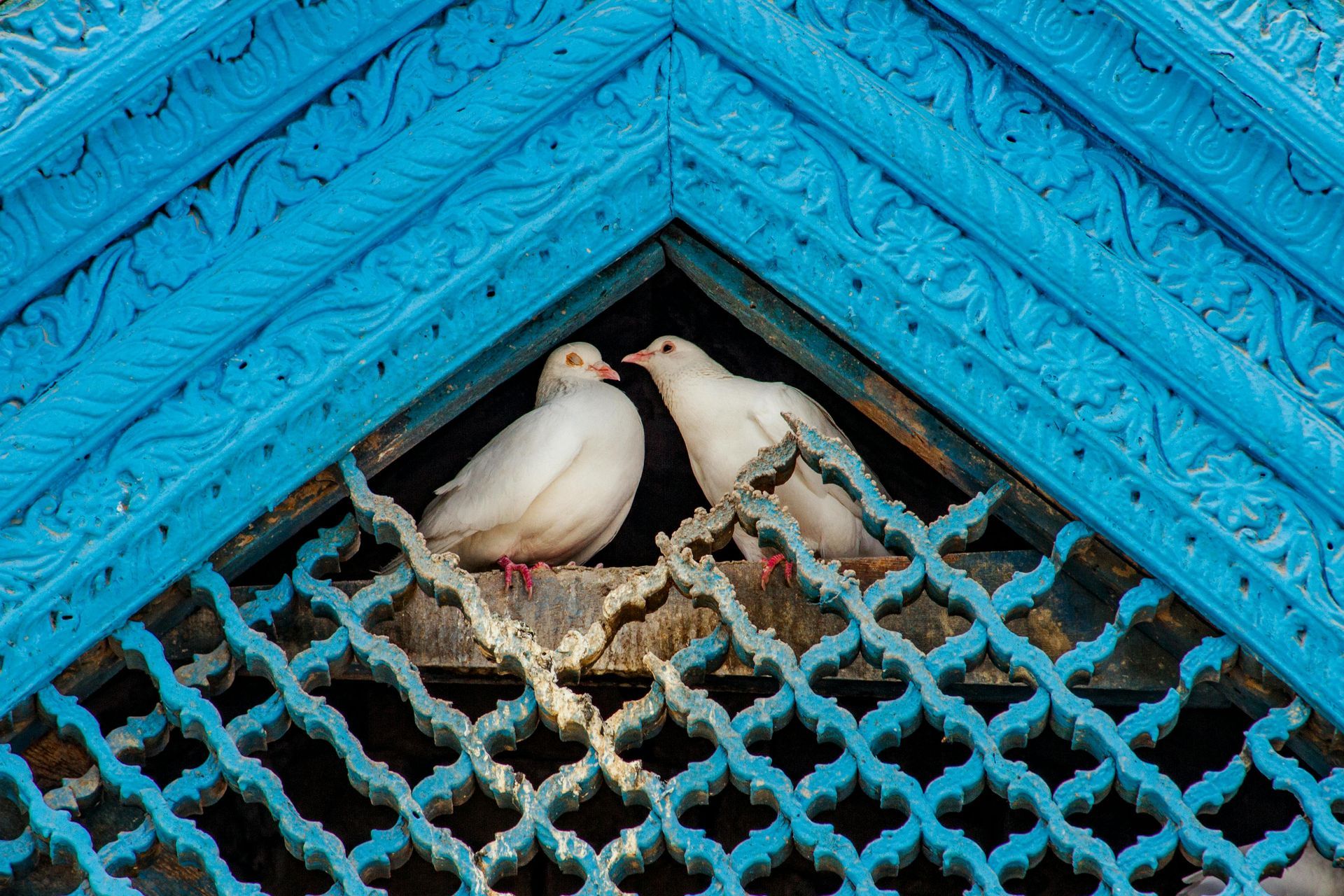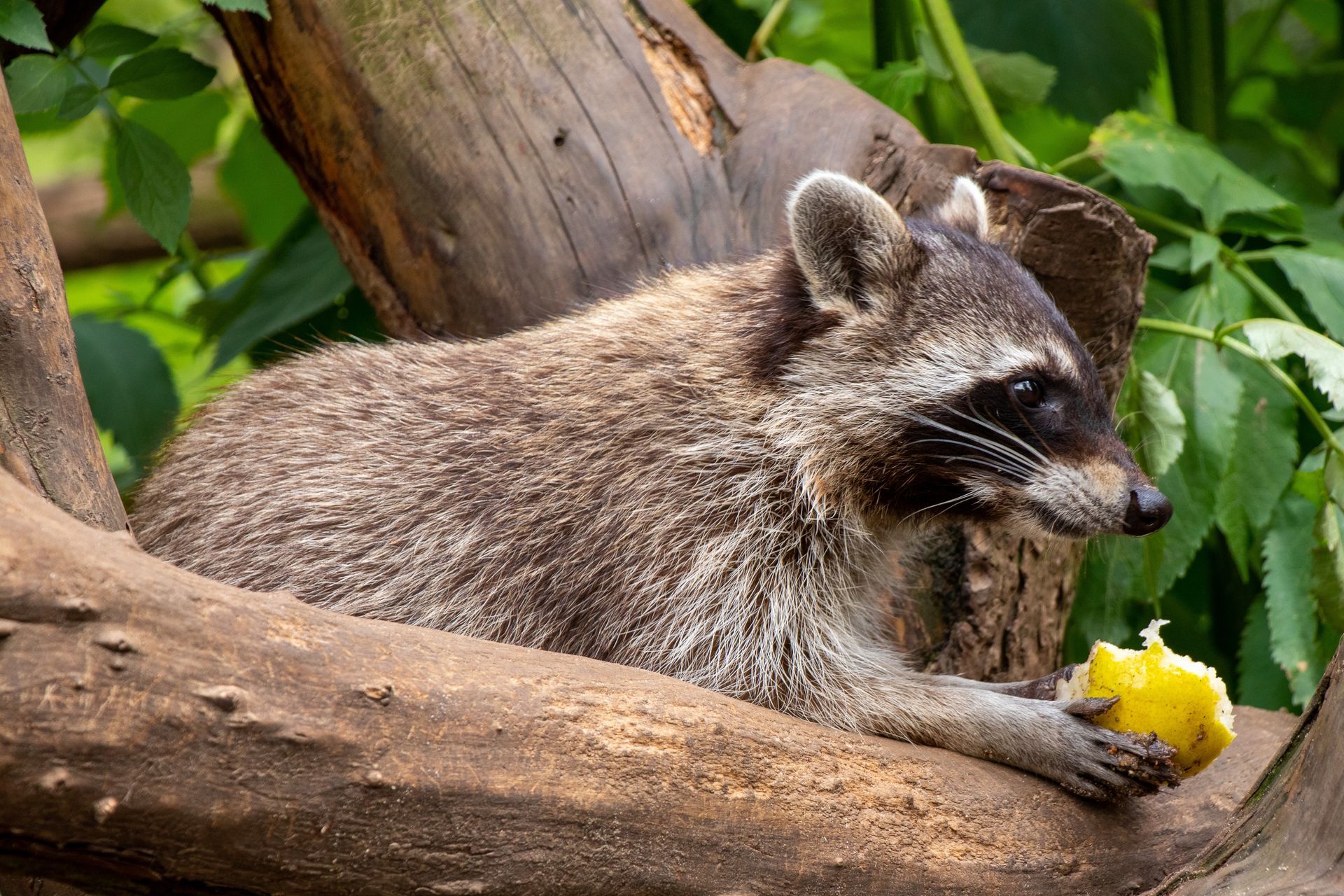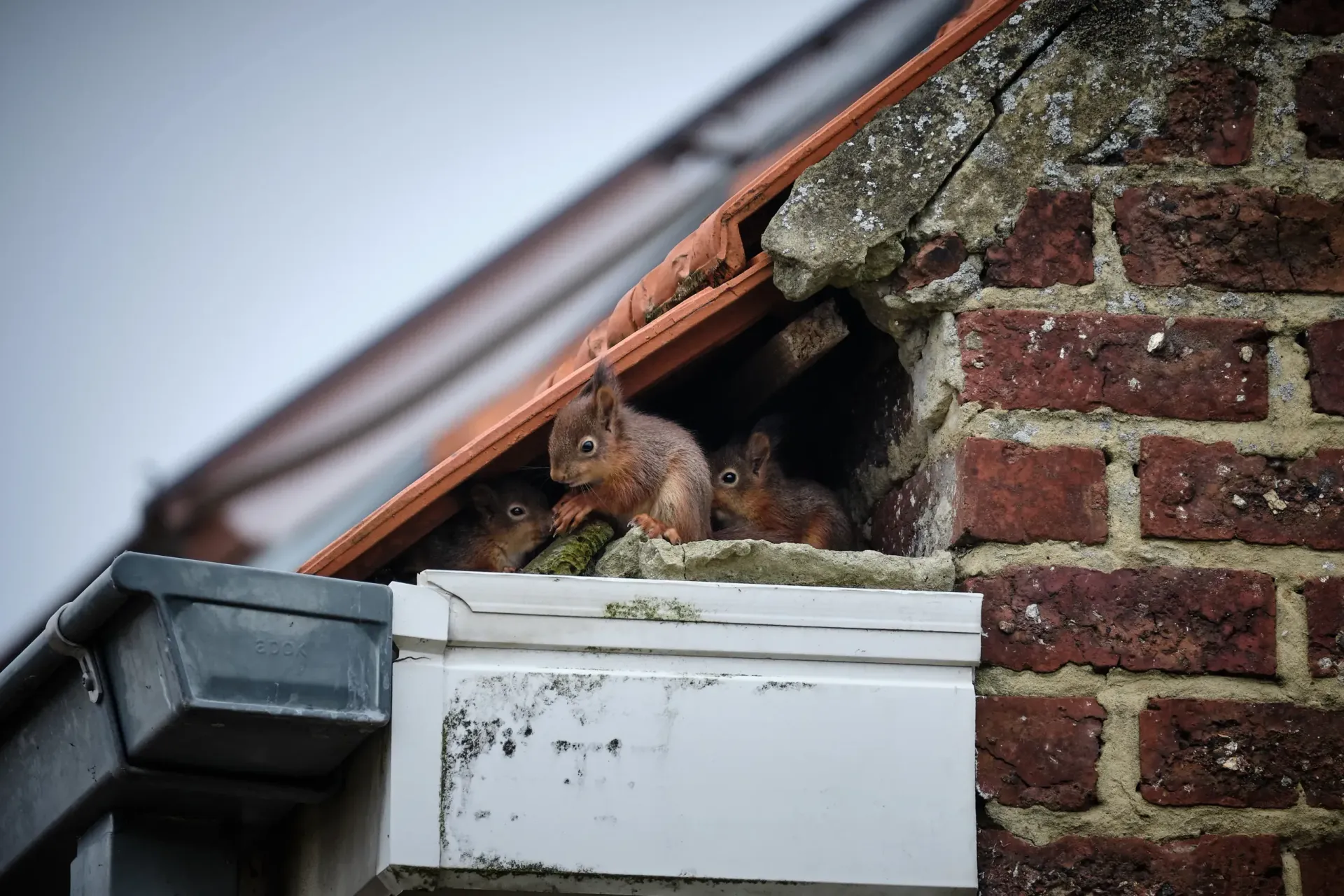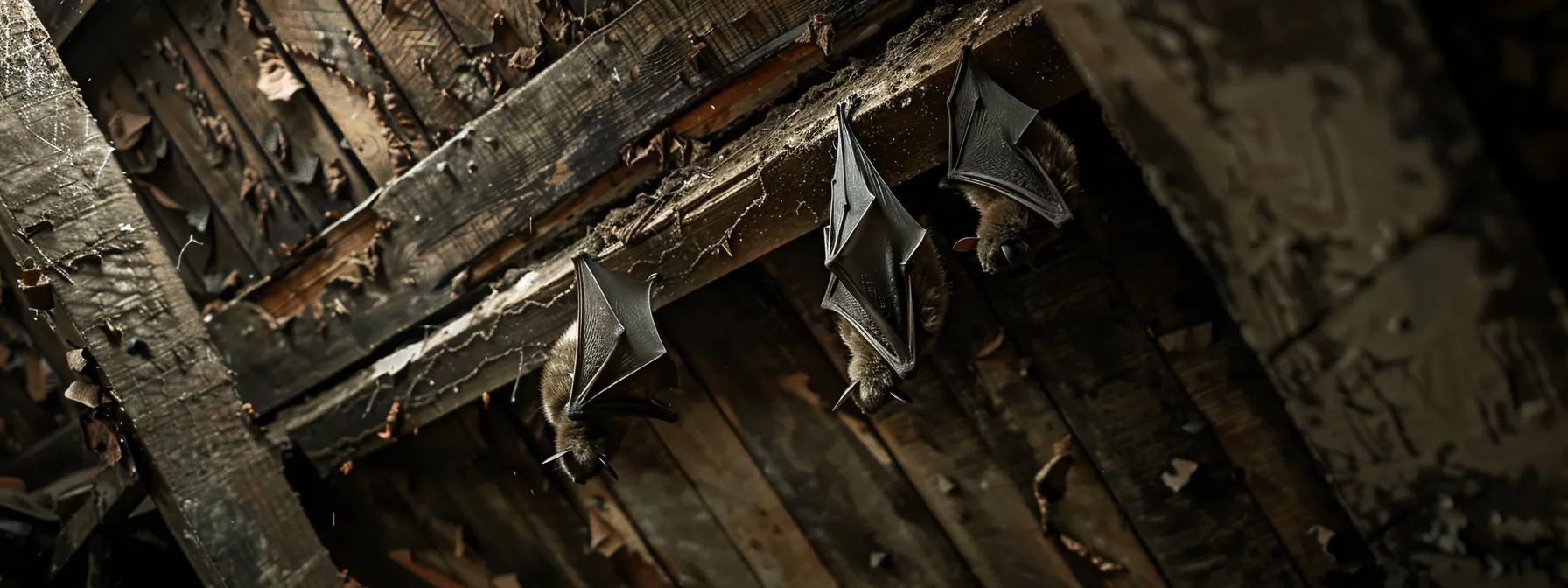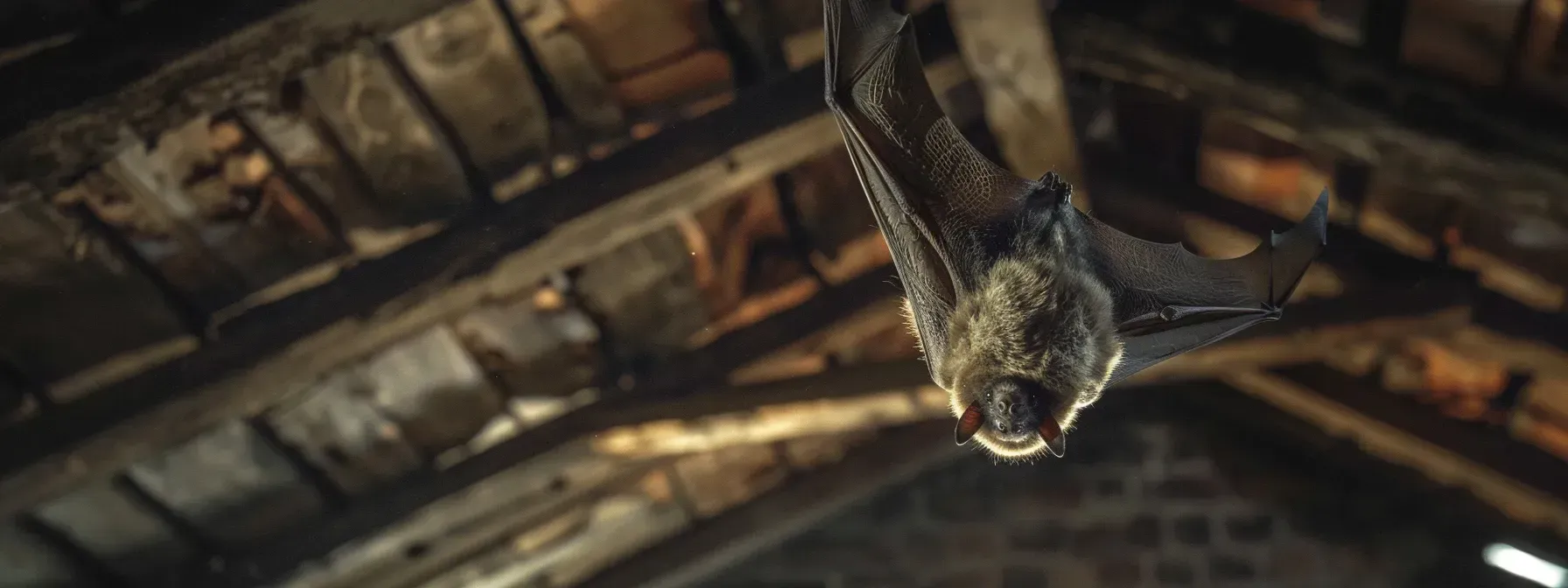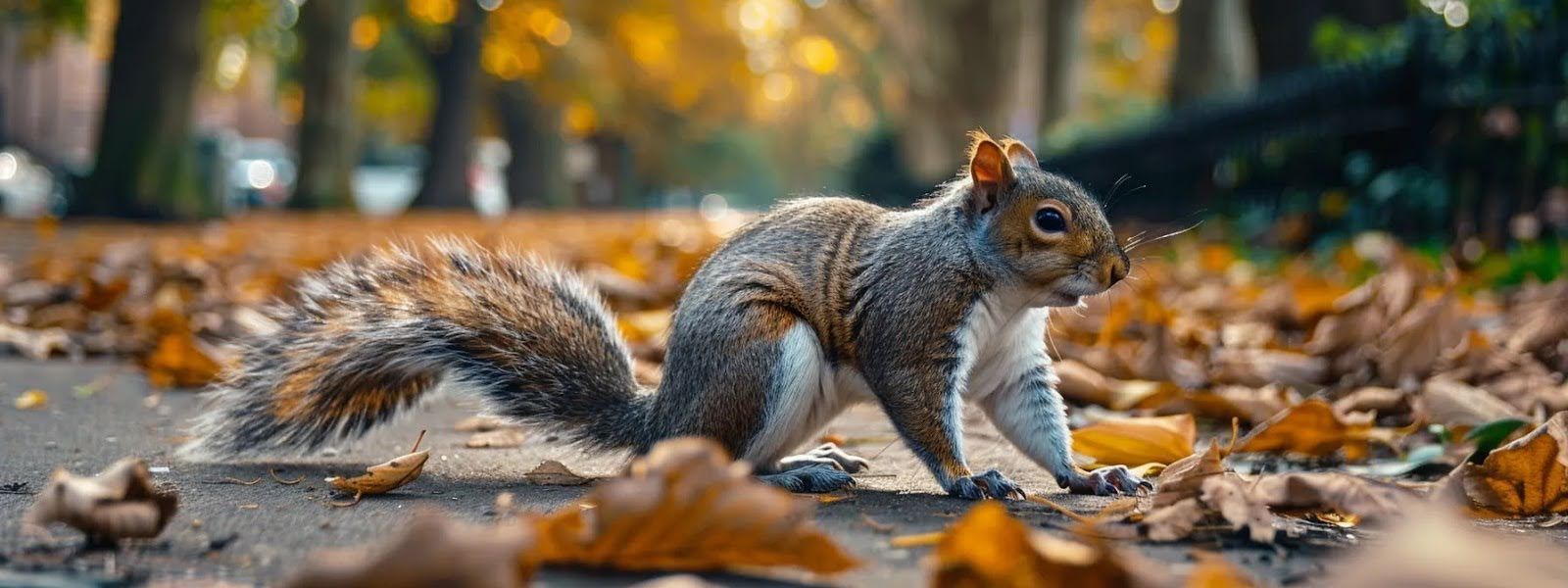Squirrel Mating Season is Here – What It Means for Your Home
As winter fades and temperatures rise, squirrels enter their busiest season of the year: mating season. Homeowners often notice an increase in squirrel activity during this time, but few realize the risks that come with it. Understanding how squirrel removal fits into this seasonal shift can help prevent unwanted guests in your attic or walls.
When Do Squirrels Breed, and Why Should You Care?
Squirrels typically have two mating seasons each year. The first begins in late winter and peaks in March, while the second occurs in late summer. Female squirrels seek out safe, warm, and enclosed areas to give birth. Your attic, crawl spaces, and wall voids offer the perfect environment for them to nest.
Once settled, a female squirrel can give birth to up to five babies per litter. These young squirrels won’t leave the nest for nearly two months, which means if they take up residence in your home, they’ll be there for a while.
The National Wildlife Federation (NWF) notes that gray squirrels are adaptable and often nest in human structures. They mention that gray squirrels "make their homes in attics, chimneys and even the occasional barbecue grill"
A study on Abert's squirrels found that males expand their home ranges and increase movement during mating season to locate females. This heightened activity could lead them to explore urban areas, potentially entering homes in search of nesting sites.
How Do Squirrels Get Into Homes?
Squirrels are agile and persistent. If they find a small gap, loose vent, or weak soffit, they can squeeze through and start nesting inside. Some of their common entry points include:
- Gaps in roofing or siding
- Uncapped chimneys
- Loose or damaged attic vents
- Openings near gutters and fascia boards
If you hear scratching or scurrying in your attic, you may already have squirrels inside. Addressing the issue early with squirrel removal Cumming residents trust, can prevent long-term damage. Unchecked wildlife infestations can lead to costly home repairs and health risks.
What Damage Can Squirrels Cause?
While squirrels don’t mean to be destructive, their nesting habits can lead to expensive repairs. Here’s what they might do inside your home:
- Chew Electrical Wiring – Squirrels constantly gnaw to keep their teeth sharp. Electrical wires are a common target, increasing fire hazards. The National Fire Protection Association (NFPA) reports that electrical wire or cable insulation was the item first ignited in one-third (33%) of home fires.
- Tear Up Insulation – To create soft nests, squirrels shred insulation, reducing your home’s energy efficiency.
- Damage Wooden Beams and Walls – Their chewing can weaken structural elements over time.
- Leave Droppings and Urine – Accumulated waste creates unpleasant odors and potential health risks.
A study published in Urban Ecosystems found that seasonal shifts in squirrel behavior, particularly in spring and late winter, result in increased activity near human dwellings, reinforcing the importance of preventive measures.
How Can You Prevent Squirrels from Nesting in Your Home?
Being proactive can help keep squirrels outside where they belong. Here are a few steps to protect your home:
- Seal Entry Points – Inspect your roof, vents, and siding for small openings and seal them with metal mesh or hardware cloth.
- Trim Tree Branches – Keep branches at least six feet away from your roof to prevent squirrels from jumping onto your home.
- Secure Chimneys and Vents – Use chimney caps and vent covers to block easy access points.
- Avoid Leaving Food Sources – Bird feeders, pet food, and unsecured trash cans attract squirrels to your property.
A study from the University of California Agriculture and Natural Resources emphasizes that properly sealing entry points and reducing food sources are key measures in mitigating urban wildlife issues.
What to Do If Squirrels Are Already Inside
If you suspect squirrels have moved in, avoid trying to remove them yourself. DIY methods can cause stress to the animals and lead to damage inside your home. Instead, contact professionals who specialize in humane wildlife control.
Why Choose Catch A Critter for Squirrel Removal?
Our team understands squirrel behavior and the safest ways to remove them. We use humane techniques to relocate the animals and prevent re-entry. Don’t wait until a small problem turns into a major infestation. Contact Catch A Critter today to protect your home this squirrel mating season.
